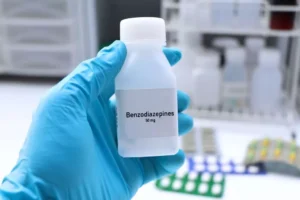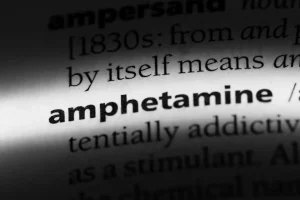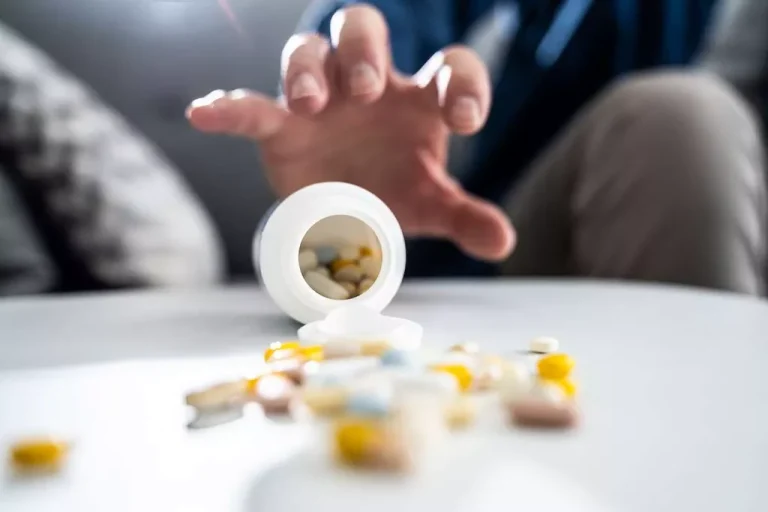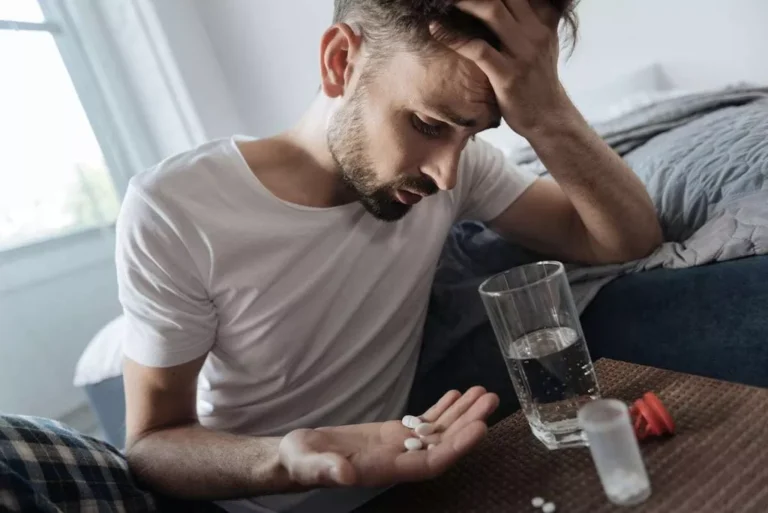
Understanding referred pain is crucial in accurately diagnosing the root cause of kidney pain, particularly after fluid intake. Kidney pain from drinking isn’t always straightforward; it can stem from various sources, from excessive water intake to the consumption of sugary drinks, alcohol, or caffeinated beverages. Understanding the underlying mechanisms—dehydration, inflammation, or even kidney stone formation—is key to prevention and management. This exploration delves into the types of drinks that might trigger kidney pain, the physiological processes involved, and the potential for underlying medical conditions to exacerbate the issue. Treatment for alcohol-induced kidney damage focuses on addressing the https://ecosoberhouse.com/ underlying cause—alcohol abuse—and managing the symptoms and complications. The first and most crucial step is complete abstinence from alcohol.
Is Kidney Pain After Drinking Normal?
Still, getting treatment for an alcohol use disorder is the best way to reverse kidney injuries and prevent future damage. The study showed that abstaining from alcohol for only four weeks was sufficient to reverse the effects of chronic drinking. However, abstinence did not work for all the study participants. Kidney abnormalities persisted in a small selection of participants. Brittany has 15 years of experience in the Mental Health and Substance Abuse field.
Join our addiction treatment communities
- Women, older people, and those with smaller bodies should be especially careful.
- Try swapping out alcoholic drinks for alternative beverages such as juices and teas.
- Others can contribute to dehydration, stressing the kidneys and potentially causing discomfort.
- If you suspect you have kidney stones, increase your water consumption and consult with a medical professional for assistance and possible medication to help break them up.
- Energy drinks often contain high levels of caffeine, sugar, and other stimulants.
Both acute and chronic alcohol consumption can impair kidney function, especially with a pre-existing liver disease. Research has shown that alcohol can lead to alterations in the kidneys’ structure and function, as well as a decreased ability to regulate the body’s fluid volume and electrolyte balance. Kidney pain after drinking can stem from various causes, including dehydration or underlying conditions.

How Long Does it Take For Alcohol to Take Effect & How long Does it Last?
Individuals with pre-existing kidney conditions are at a particularly high risk of developing these infections following alcohol consumption. Yes, excessive alcohol consumption can cause acute kidney failure, a sudden drop in kidney function. While moderate alcohol consumption might not directly harm healthy kidneys, for those with chronic kidney disease, any amount can be detrimental. Alcohol can further impair kidney function and accelerate disease progression. Excessive alcohol consumption can cause various health problems such as liver damage, heart disease and kidney issues. The kidneys filter out the toxic waste from our blood but excessive drinking can put them under stress which may lead to discomfort in this area.

What are the first signs of kidney damage due to alcohol?
This allows the body to begin repairing the damage and reduces the risk of further deterioration. Managing hypertension is critical, as uncontrolled high blood pressure can accelerate kidney damage. It’s well-established that consuming alcohol regularly or in excess has long-term effects on your health, especially the health of your liver and kidneys. Still, if you’ve ever woken up after drinking with pain in your back or side, it might surprise you to learn that your kidneys could be the source of your discomfort. The kidneys have several jobs, mainly filtering toxins (such as alcohol) from your blood. Here’s what you should know about the connection between consuming alcohol and kidney pain.
- When you drink alcohol, your kidneys play a vital role in filtering harmful substances from your blood.
- A 32-year-old male patient, Mr. Jones, presented to the emergency room complaining of severe right flank pain, nausea, and vomiting.
- Luckily, getting treatment for a UTI is usually sufficient to eliminate kidney pain.
- The kidneys also work to maintain the pH balance or the amount of acid in the body.
- They form when waste products in your urine become too concentrated and crystallize.
Renal Pelvis gets weakened
Liver disease makes you more likely to experience pain or discomfort after drinking alcohol. This is especially likely if you have alcoholism or engage in heavy drinking. Your kidneys filter waste products from your blood and help control your blood pressure, electrolyte balance, and red blood cell production. There are numerous causes of kidney failure, ways to effectively treat it, and measures you can take to prevent it. Because alcohol is a diuretic, it can cause severe dehydration when over-consumed, and in fact dehydration is one of the biggest culprits in causing the symptoms of a hangover (like headache). This is why many a hangover recovery involves drinking a sports drink full of electrolytes or (more problematically) a hair-of-the-dog cure in the form of a spicy Bloody Mary.
- Dehydration can cause the kidneys to work harder, leading to discomfort.
- Kidneys are essential to keeping the body healthy and free of harmful substances such as alcohol.
- One reason alcohol may affect the kidneys is through acute kidney injury.
- However, more research is needed into the link between alcohol use and kidney injury.
Case Study 2: Chronic Kidney Disease Secondary to Long-Term Alcohol Abuse
While it’s not directly related to the kidneys, you may feel pain in the upper abdomen, which may seem like kidney pain. You may feel flank pain and difficulty or discomfort during urination. Having kidney stones heightens your risk of developing hydronephrosis. It is important for you to understand how drinking excessive alcohol can adversely affect your kidney health. Not all forms of kidney disease are preventable, but adopting a healthful lifestyle may reduce the risk of complications, even in people with genetic kidney disorders.
Kidney soreness after excessive alcohol consumption can be a concerning symptom, sometimes prompting worry about unrelated issues. However, it’s crucial to remember that kidney pain and arm pain often have distinct causes. In addition to managing alcohol intake, maintaining a healthy diet is essential for long-term kidney health. A diet rich in fruits, vegetables, and whole grains can help prevent kidney stones and reduce the risk of kidney disease. While the focus of this article is on kidney health, it’s important to note that alcohol also significantly affects the liver. Liver disease is common among heavy drinkers, and when the liver is damaged, it can put extra strain kidneys hurting after drinking on the kidneys.

Advil and Alcohol: Risks, Side Effects, and Safety Tips
It’s crucial to understand the connection between alcohol and kidney health, as excessive alcohol intake can harm not only the kidneys but also other organs such as the liver. Alcohol use can cause acute kidney damage or an infection that can lead to kidney pain. Although regular or binge drinking might lead to renal problems, moderate drinking should not cause kidney pain. It is advisable to pay attention to it as it is the body’s warning signal of a possibly dangerous medical issue. Visiting a physician as soon as feasible might lower the chance of complications and aid in guaranteeing Halfway house proper treatment.

Kidney pain after drinking can stem from various causes, including dehydration or kidney stones. However, pain in this area can sometimes be confused with other issues, especially if the discomfort intensifies when bending. Pain management may involve over-the-counter pain relievers like acetaminophen, or stronger prescription medications if necessary. In cases of severe kidney damage leading to kidney failure, dialysis or kidney transplant may be necessary. Dialysis filters the blood to remove waste products and excess fluid, while a kidney transplant replaces the damaged kidney with a healthy one from a donor. Kidney soreness after excessive alcohol consumption is a common complaint, often stemming from dehydration and the strain placed on the kidneys during processing.
No comment